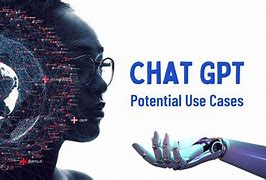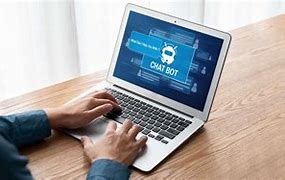**Chat GPT’s Hidden Masters: Who’s Really in Charge?**
(Who Owns Chat Gpt)
Chat GPT is everywhere. It writes essays, cracks jokes, and even helps plan vacations. But here’s the big question: who actually owns this digital brain? The answer is not as simple as you think. Let’s peel back the layers.
First, Chat GPT was created by OpenAI. You might have heard of them. They’re the tech lab that wants to build artificial intelligence that helps humanity. OpenAI started in 2015. The founders include big names like Sam Altman, Elon Musk, and others. Elon Musk left later, but his early role mattered. The company’s mission was clear: make sure AI doesn’t go rogue and hurt people.
Now, who owns OpenAI? This is where it gets tricky. Originally, OpenAI was a nonprofit. The idea was to keep AI research open and safe. But in 2019, things changed. They created a “capped-profit” arm called OpenAI LP. This meant they could take investments but still limit how much profit investors made. Why? To balance making money with staying true to their mission.
Microsoft stepped in with a huge investment—over $1 billion. This deal gave Microsoft exclusive rights to use OpenAI’s tech in their products. Think of it like a partnership. Microsoft gets to add smart AI to tools like Bing, and OpenAI gets cash and cloud computing power. But Microsoft doesn’t own OpenAI. They’re just a major backer.
So who calls the shots? The nonprofit board still oversees everything. Sam Altman, OpenAI’s CEO, runs the show day-to-day. The board includes people like Adam D’Angelo (the Quora CEO) and tech experts. Their job is to make sure OpenAI doesn’t chase profit at the cost of safety.
But there’s another angle. Chat GPT learns from us. Every time someone uses it, the AI gets better. In a way, the users shape it. Your questions, feedback, and even mistakes help train the system. So while companies and boards own the tech, the users own part of its growth.
Money matters too. Training AI models costs millions. Servers, engineers, research—it’s not cheap. OpenAI needs funding, which is why partnerships like Microsoft’s are key. But investors don’t get full control. The capped-profit model means they can’t push for unlimited returns.
Some people worry about big corporations influencing AI. What if Microsoft or others steer Chat GPT in a bad direction? OpenAI says their structure prevents this. The nonprofit board has the final say, not the investors. Still, critics argue money always talks.
Then there’s the open-source question. Early on, OpenAI shared a lot of research. Now, they keep some tech private for safety. This shift upset some in the tech community. They feel OpenAI became less “open.” The company says it’s to stop misuse.
So who owns Chat GPT? It’s a mix. OpenAI’s team builds it. Microsoft fuels it with resources. Users refine it. The nonprofit guards the mission. No single entity holds all the power. It’s like a high-tech relay race, with different players passing the baton.
This shared ownership has upsides. It keeps the AI from being controlled by one company or person. It also spreads responsibility. If something goes wrong, no single group is to blame. But it’s messy. Decisions take time. Goals can clash.
The future is uncertain. Will OpenAI stay independent? Will more investors jump in? For now, Chat GPT remains a team effort. Its masters are many—coders, CEOs, users, and watchdogs. They all steer the ship, for better or worse.
(Who Owns Chat Gpt)
One thing’s clear: Chat GPT isn’t just a tool. It’s a mirror reflecting how humans handle power, money, and ethics in the age of machines. The real story isn’t who owns it today, but who will shape it tomorrow.
Inquiry us
if you want to want to know more, please feel free to contact us. (nanotrun@yahoo.com)




